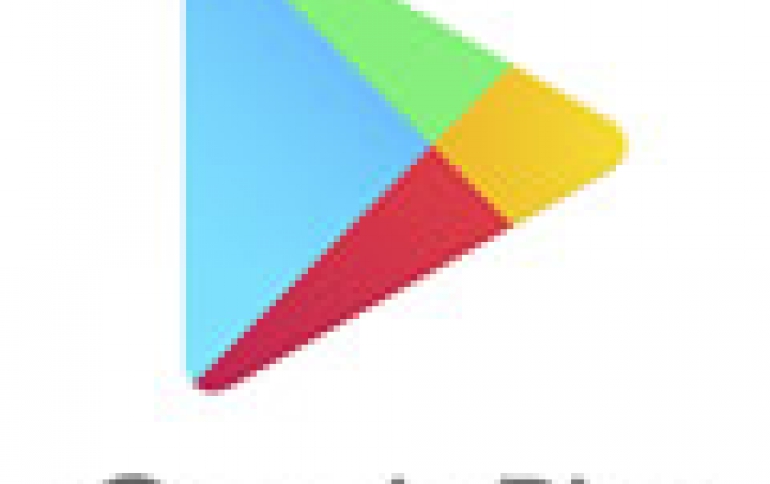
Google Upgrades The Google Play Store
Google is trying help developers of Android mobile apps build their businesses as concerns mount that the app economy has reached saturation. Playtime, Google's Android developres event is back in San Francisco, and Google recapped some of the recent efforts to invest in new areas that go beyond the smartphone, and announced new tools and highlight the progress of recently launched features that help developers increase user engagement and make more money.
Google has been extending Google Play to go beyond the smartphone, enabling new app and gaming experiences while on the go, on a chromebook, in the living room and uwhen using virtual reality devices.
The new Daydream device platform is going to be available soon and will come with a Google Play Store filled with VR apps. Android Apps are now available in beta on a few Chromebook devices (same Android apps that currently run on phones and tablets). And Google recently announced a developer preview of Android Wear 2.0 which introduced Google Play for Wear. This makes it easier for users to discover and install great apps that work directly on the watch.
Google is also continuing to invest in features to support subscription business. Subscriptions are the fastest growing business model on Play, with consumer spending in subscription apps increasing 10x over the last 3 years. Coming soon, developers will be able to create an introductory price for new subscribers for a set period of time. Google says that the move will help developers acquire more subscribers and grow their subscription business.
Earlier this year, Google started working with select developer to let users pre-register for major upcoming Android titles, such as Clash Royale (Supercell), and Candy Crush Jelly Saga (King). With pre-registration, users tap the 'pre-register' icon to show their interest. The process automatically sets up an alert that prompts a user once the app is available. The program is limited at this time.
Google also said that developers have been leveraging the "Early Access" open beta program to build a user base, interact with early-adopter users and get feedback before an official launch. Since the collection became available to all users, open beta titles have been installed over 4 million times (up from 1 million in September). Developers getting ready to launch on Google Play can nominate their apps or games to be part of Early Access.
In addition, Google announced a new API (in beta) that helps developers identify users who have requested refunds so they can better manage their economies. This program is currently in early beta.
Google's efforts in some way mirror those of rival Apple, which revamped its App Store this year with quicker review times for new apps and an increase in the cut of revenue that goes to developers.
The Google Play store accounted for 70 percent of app downloads in the third quarter of this year, but Apple’s App Store logged 65 percent of the revenue, according to App Annie, a mobile analytics firm.
To improve app recommendations for users, the Play store has also made use of machine learning, a branch of artificial intelligence. Google’s Play store and machine learning teams began collaborating three years ago, and a partnership was struck last year with Google Brain, a cutting-edge research project.




















